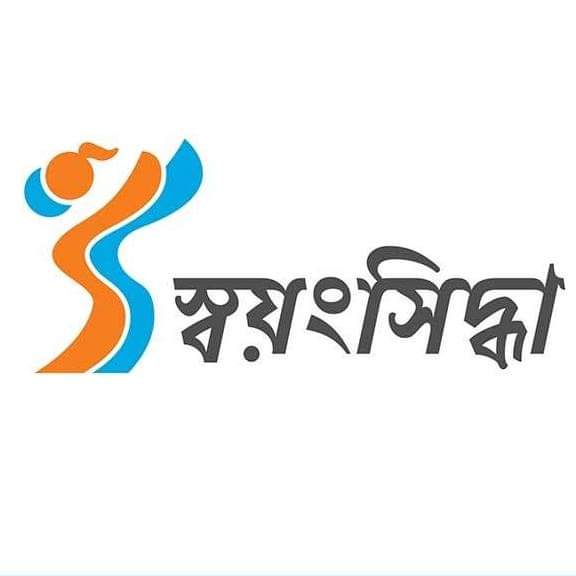major programmes
- Home
- major programmes

Tafteesh
Commencing in 2013, Tafteesh began as an action research program in collaboration with the Kamonohashi Project and Sanjog. Its primary goal was to investigate the effectiveness and responsiveness of the law and criminal justice system in addressing the issue of traffickers` impunity in source areas. Unpunished traffickers were seen as a significant driver of further trafficking activities. The research highlighted weak inter-state coordination, allowing traffickers to act with impunity. Trafficking survivors often faced poverty, stigma, and family violence upon their return, hindering their recovery and reintegration.
Today, Tafteesh focuses on strengthening national laws and policies related to human trafficking. It works by identifying gaps in the current criminal justice and welfare system and empowering survivors and communities to claim their rights and entitlements to protection, reparation, recovery, and systemic rehabilitation.
Leadership Next
Since 2018, GGBK has been a part of Leadership Next, dedicated to nurturing leadership among vulnerable women, especially survivors of trafficking, through orientation and training. Predominantly attended by members of the survivor collective and Youth Groups mentored by GGBK, the program has had a significant impact. A notable example is the increased influence of the Bandhanmukti Survivor Leaders’ Collective, illustrating the program`s extensive reach. Members of Bandhanmukti actively contribute to systemic changes at both local and national levels, highlighting the program`s success in empowering and mobilizing survivors for impactful leadership roles.


Suraksha
Launched in 2019, the `Suraksha` program has proven transformative in the Sundarbans, empowering vulnerable youth to become proactive leaders. Addressing issues like child marriage and domestic violence, the program has oriented 225 individuals in the Canning Sub-Division. Through specialized training and self-defense programs, these youth acquire essential skills to tackle societal challenges. Collaborating with local authorities, the youth groups have emerged as change-agents, contributing to enhanced village safety with initiatives like increased street lights and safer roads. Beyond local concerns, they actively advocate against deforestation, child labor, trafficking, and river ecosystem damage, demonstrating a commitment to broader social and environmental causes.
Swayangsiddha
Launched in 2016 in collaboration with the West Bengal Police, Swayangsiddha is an initiative aimed at combating human trafficking, child marriage, and encouraging youth-led action. By 2018, the program had evolved and was further developed in collaboration with GGBK, adopting a comprehensive approach. This approach involves supporting survivors of human trafficking and sexual violence through community-based rehabilitation. It encompasses mental and physical health interventions, critical healthcare services, including medications and counseling, trauma-based care, and livelihood opportunities. These efforts contribute to the mainstreaming and reintegration of survivors into their communities.

